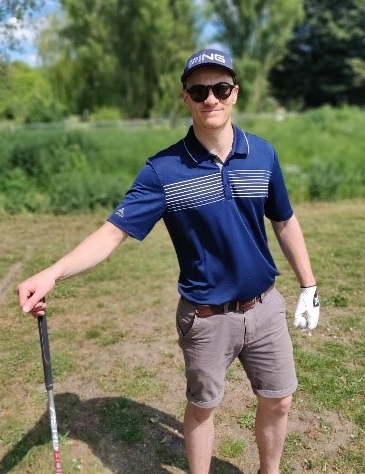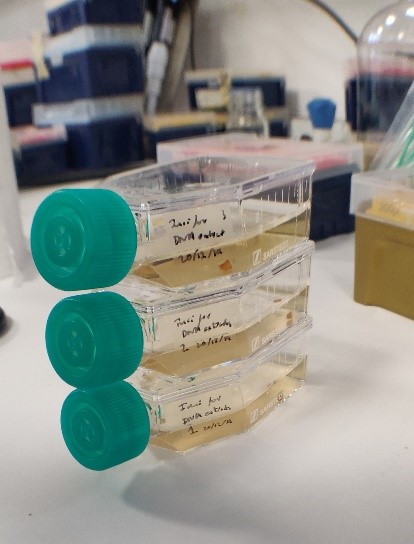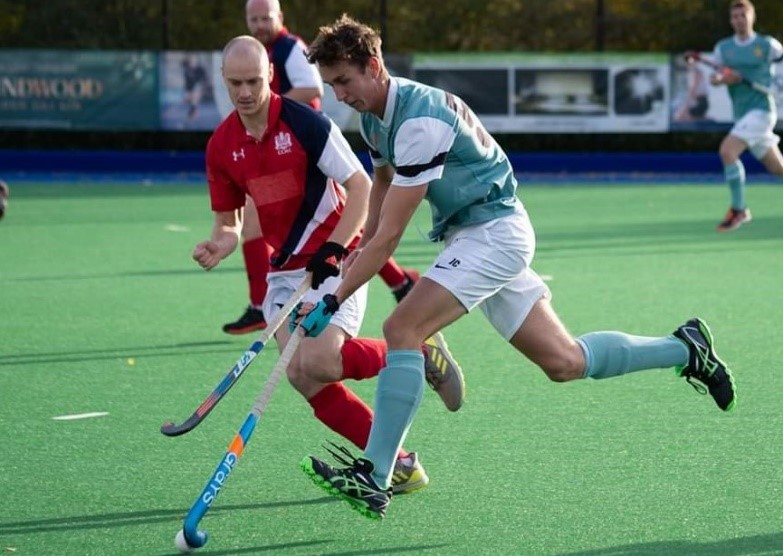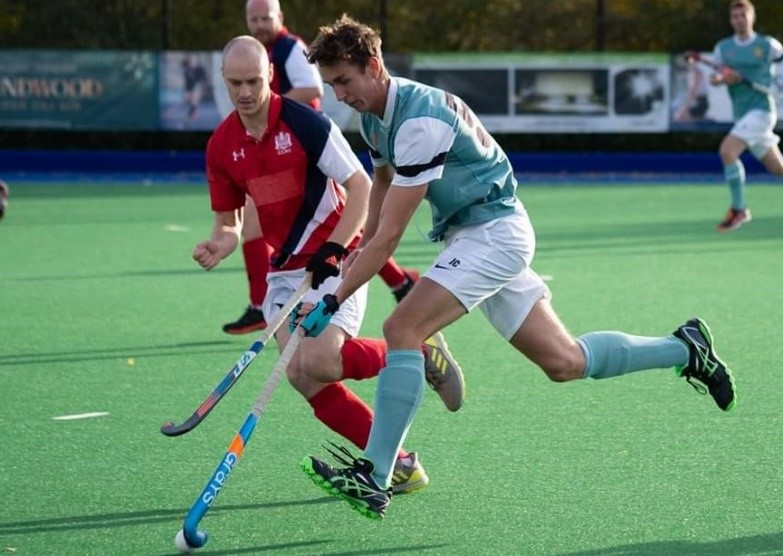By Dominic Absolon, PhD Student in the Department of Plant Sciences

I’m currently at the start of my second year of PhD study in the Department of Plant Sciences. Confusingly, the lab group that I work in technically does not work on plants. Instead we work on the single cell, evolutionary precursors, from which all plants evolved; algae. More accurately, plants evolved from green algae, but the lab group works on a wide range of algal species which derive from various branches of the tree of life. To add another layer of confusion to the situation, I work on the non-photosynthetic neighbours (physically and evolutionarily) of algae. Specifically, marine Stramenopiles. I’m trying to understand how these single celled organisms behave in their marine communities, how they interact with other members of that community and which, if any, B vitamins are being exchanged. This mainly involves looking at computer code or these little bottles of translucent liquid (below).

This however is not the subject of my post, instead I thought I would write about a subject that I think is not always taken as seriously as it should be, especially for PhD students. The work-life balance.
The work-life balance is something that is often cited for people making a change in career. And it was definitely mentioned to us as new PhD students taking on our projects under the NERC DTP. But it is often easily forgotten about for many, as the pressures of generating data, writing papers and building defendable theses grow. The recent survey by Nature (https://www.nature.com/) that asked over 6000 PhD students from across the globe, shows that far too many (~40%) were unsatisfied with their work-life balance and concerns were also highlighted around long working hour cultures.
My interests outside of academia have always ensured that I have a good work life balance. The more I see the situations that other students put themselves in and the more horror stories I hear of people working themselves into the ground, the more I am glad this is the case. During the dark gloomy months from September to March I spend around 8-10 hours at or playing for my hockey club (Cambridge City HC). Two training sessions a week, Tuesday and Thursday, one coaching session on a Wednesday and then finally a match to attend to on Saturdays. This schedule is demanding in itself, it requires discipline and commitment. But the best thing about it is that for those hours of the week, I spend no energy thinking about my work. I find this invaluable for my state of mind. Having a physical outlet like this is really important for me and I would encourage anyone doing their PhD to find something similar.

I really can’t stress enough how important I think my time away from the lab is. You hear stories of students that spend all their waking hours slaving away in front of their laptop or lab bench. In reality though, those hours that they spend working outside normal working hours are not worth the effort! Efficiency really tails off when one works for so long with little to no breaks. You can so easily get bogged down in the details of your work that you repeat things, forget other things and by the end of the day you have done no more good quality work than you would have if you’d gone home at 5 pm. Of course, it helps having the type of supervisor who supports this attitude towards work, many don’t but I am lucky that mine does!
Having said that, I have had times where I have been really busy with work and slipped into a routine of getting in early and leaving late. Especially in the summer when I don’t have the structured timings of hockey training. But this always gets to a point where I get too stressed and that usually results in a sudden urge to exercise… or go to the pub! Impostor syndrome, anxiety and stress are all things that I have experienced. The more I go on the more I realise that these things are not alleviated by burrowing further into work. Rather, taking a step back to considering the bigger picture, doing some exercise and trying again the next day is the best action to take.
I have seen other people burn out, I have heard horror stories of supervisors having high demands on their students and these things combined with my own experiences from my first year have confirmed and reinforced my efforts to maintain a good work-life balance. A regular eight or nine hour day and exercise six days a week (as well as playing hockey I also regularly got to the gym, play cricket in the summer or golf as much as I can!) and my work and mental and physical well being will be in perfect balance (fingers crossed!). This would be my advice to all PhD students, whether just starting out or part way through. Stop doing long inefficient days. Be organised and effective whilst at work and relax and de-stress out of it.
|
|


